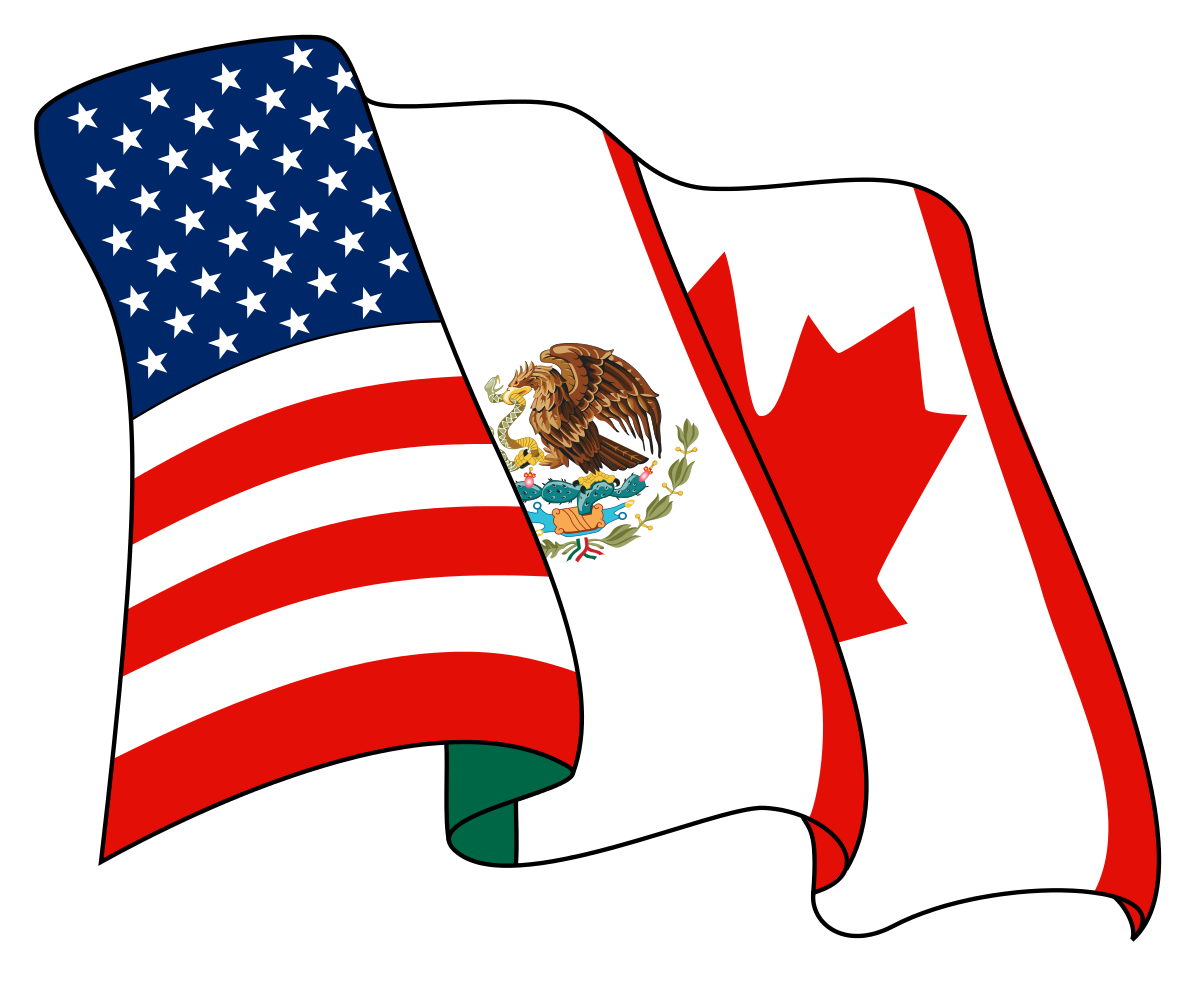Brain357
Platinum Member
- Mar 30, 2013
- 37,068
- 4,189
- 1,130
- Thread starter
- #21
How did protectionist policy work for the Soviet Union?Sorry, but America flourished and became an industrial giant behind the fiercely protectionist trade policy begun by Abraham Lincoln and continued through every Republican president until Eisenhower.
What free traders can't seem to grasp is that you gain much more than you lose when you engage in protectionism. Yeah, that's right: You're gonna pay a bit more for a shirt if it's made in America than if it's made in some Third World dirt-wage sweat shop. Yup, you are. But, when you buy that Made in America shirt, that money stays in the U.S., and the workers who made that shirt can afford to buy a modest house, own a car or two, and live a decent middle-income life. And when they buy a house, they help fuel the housing industry. When they buy a car, they help our car industry. When they themselves go buy clothes and buy American-made clothes, they're helping their own cause and help the stores that sell those clothes.
http://miketgriffith.com/files/caseforhightariffs.pdf
